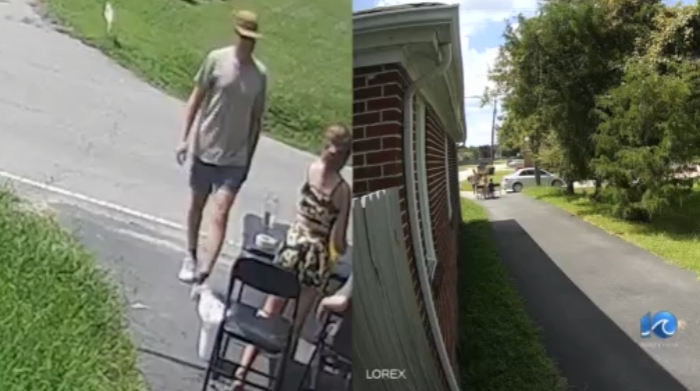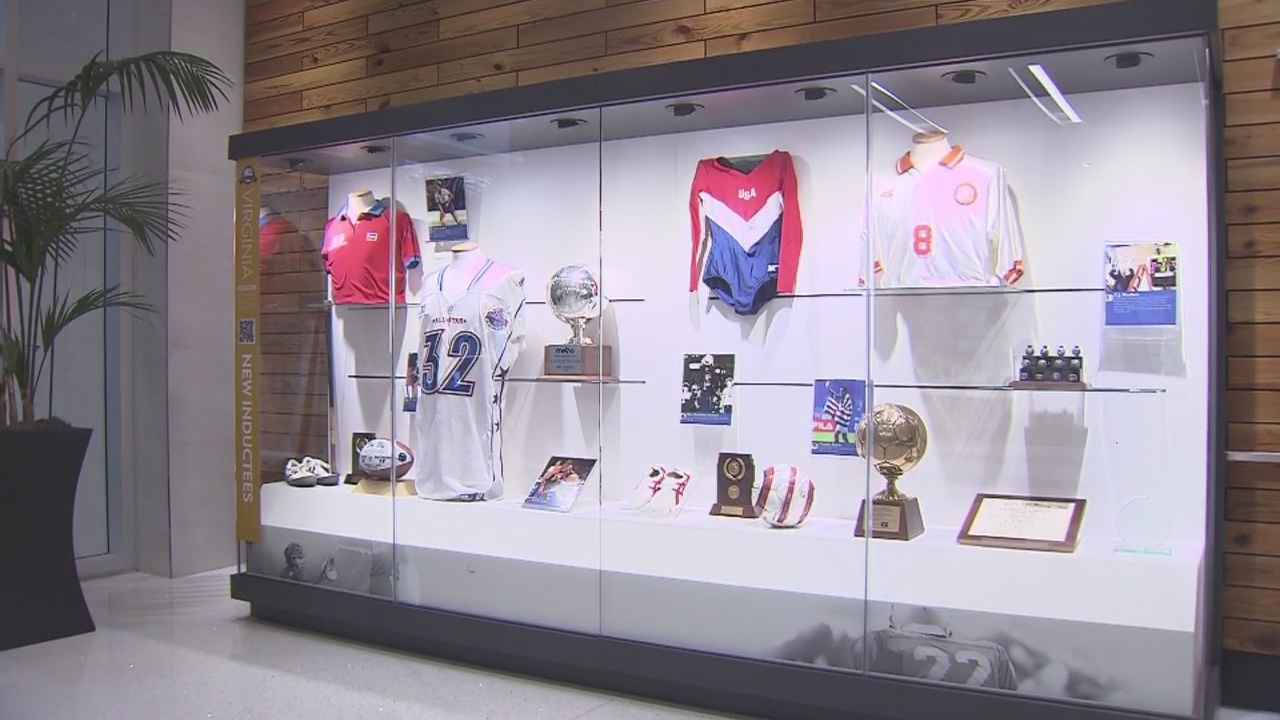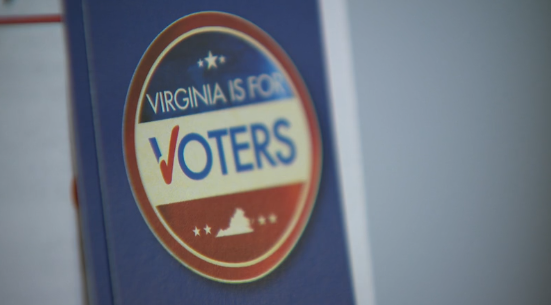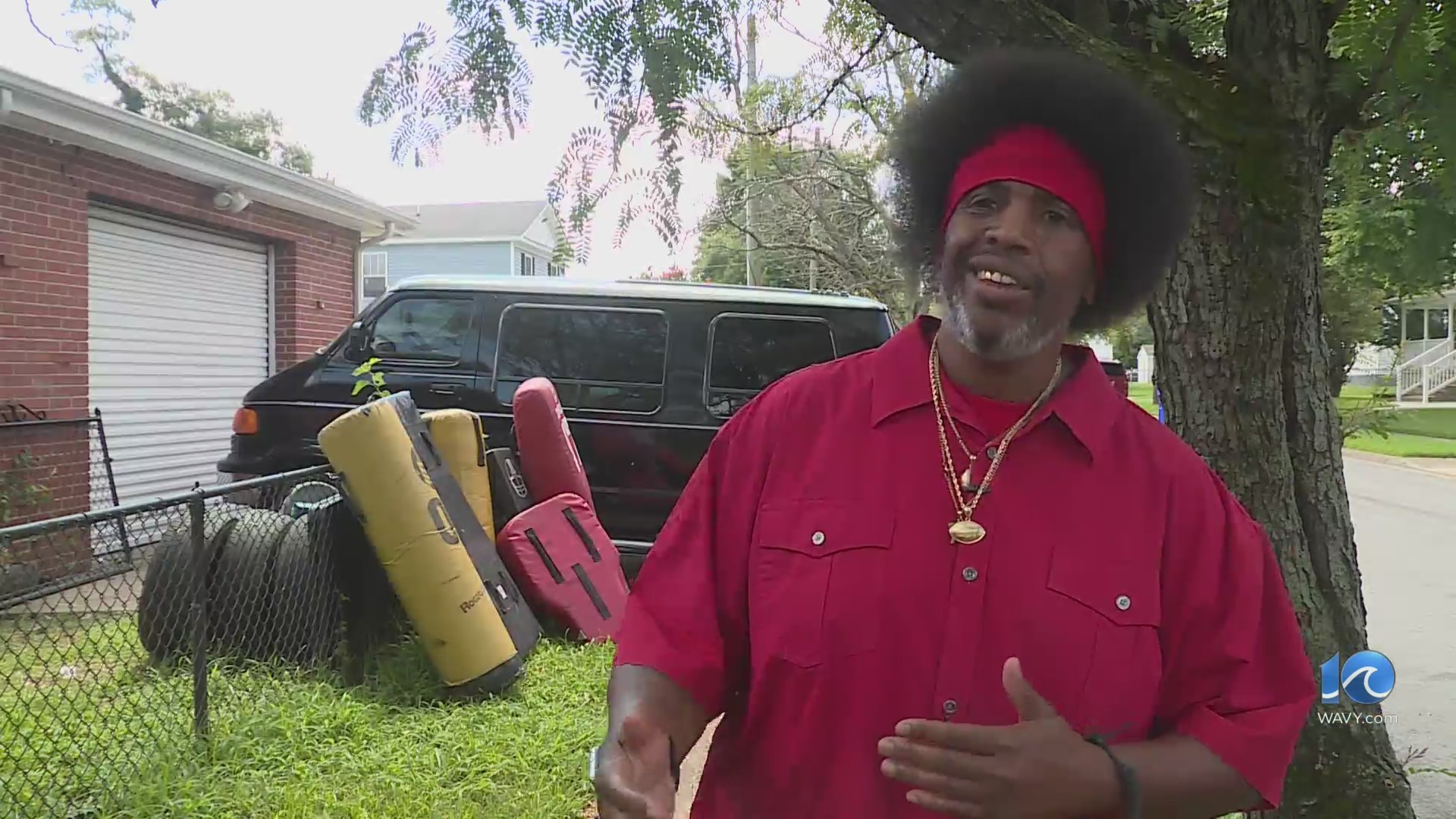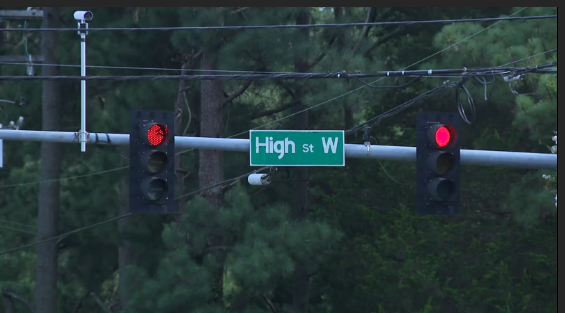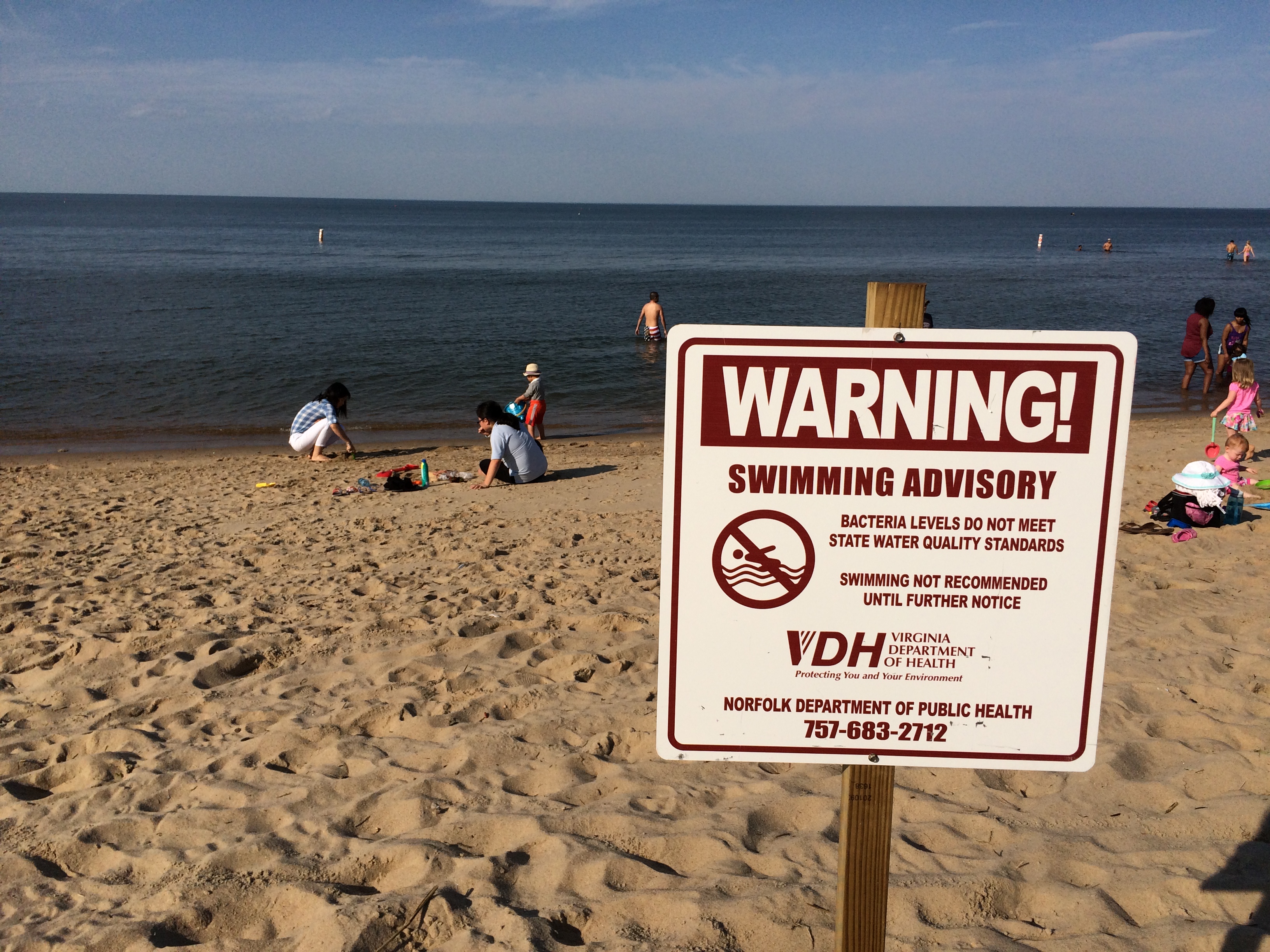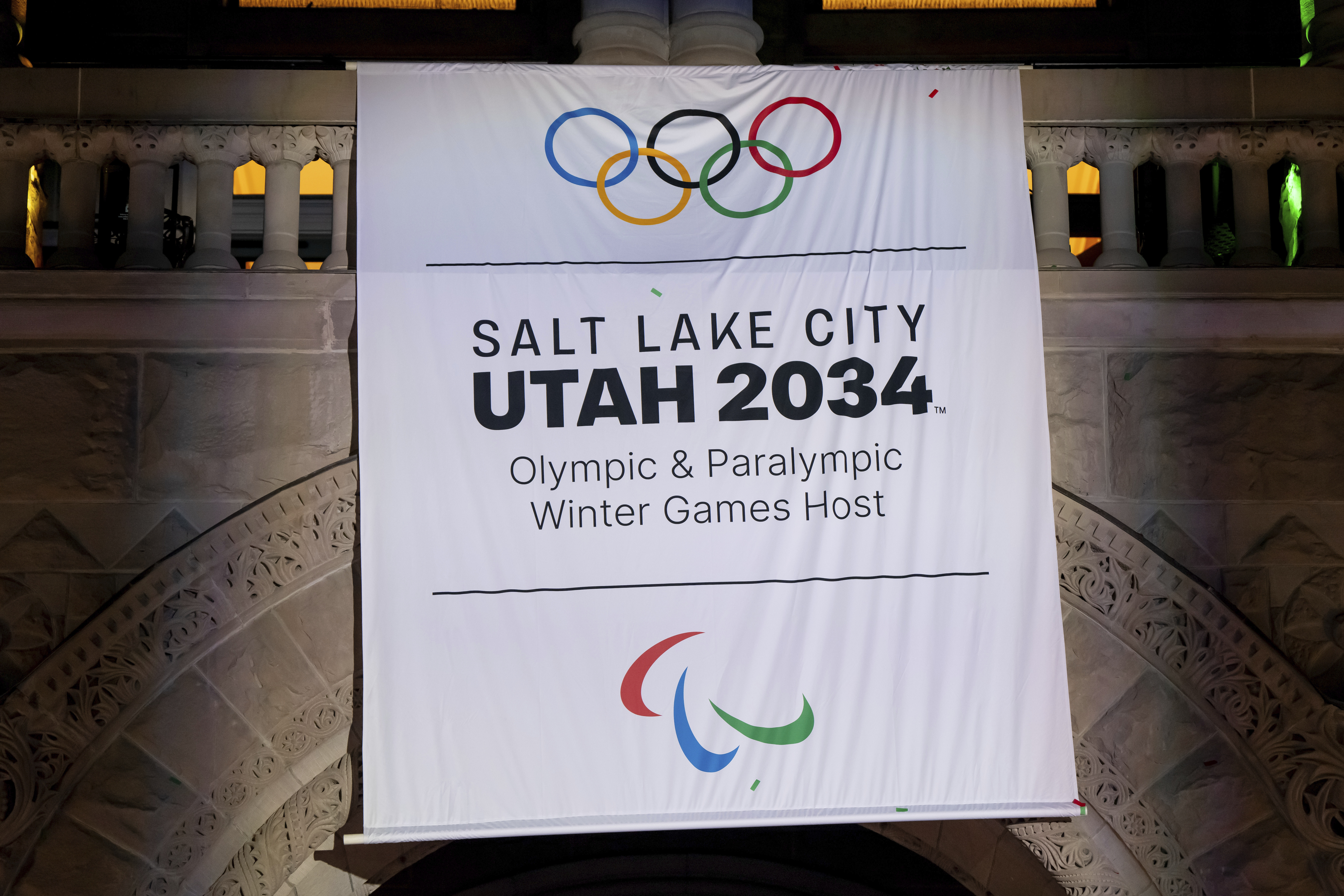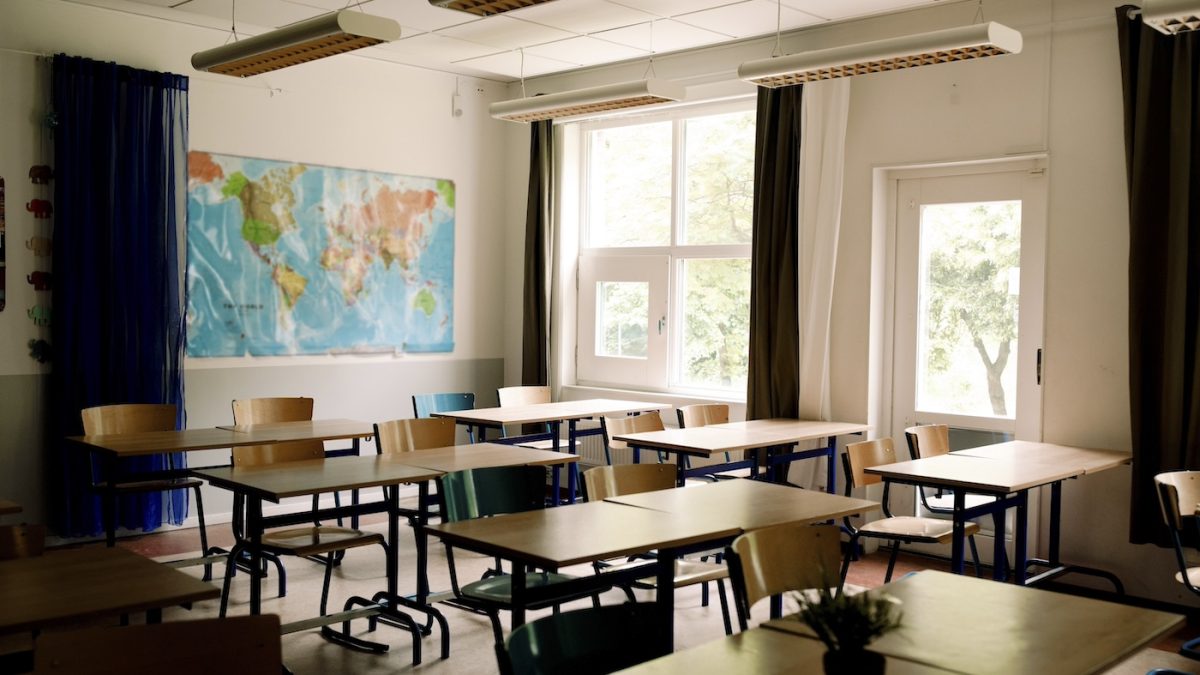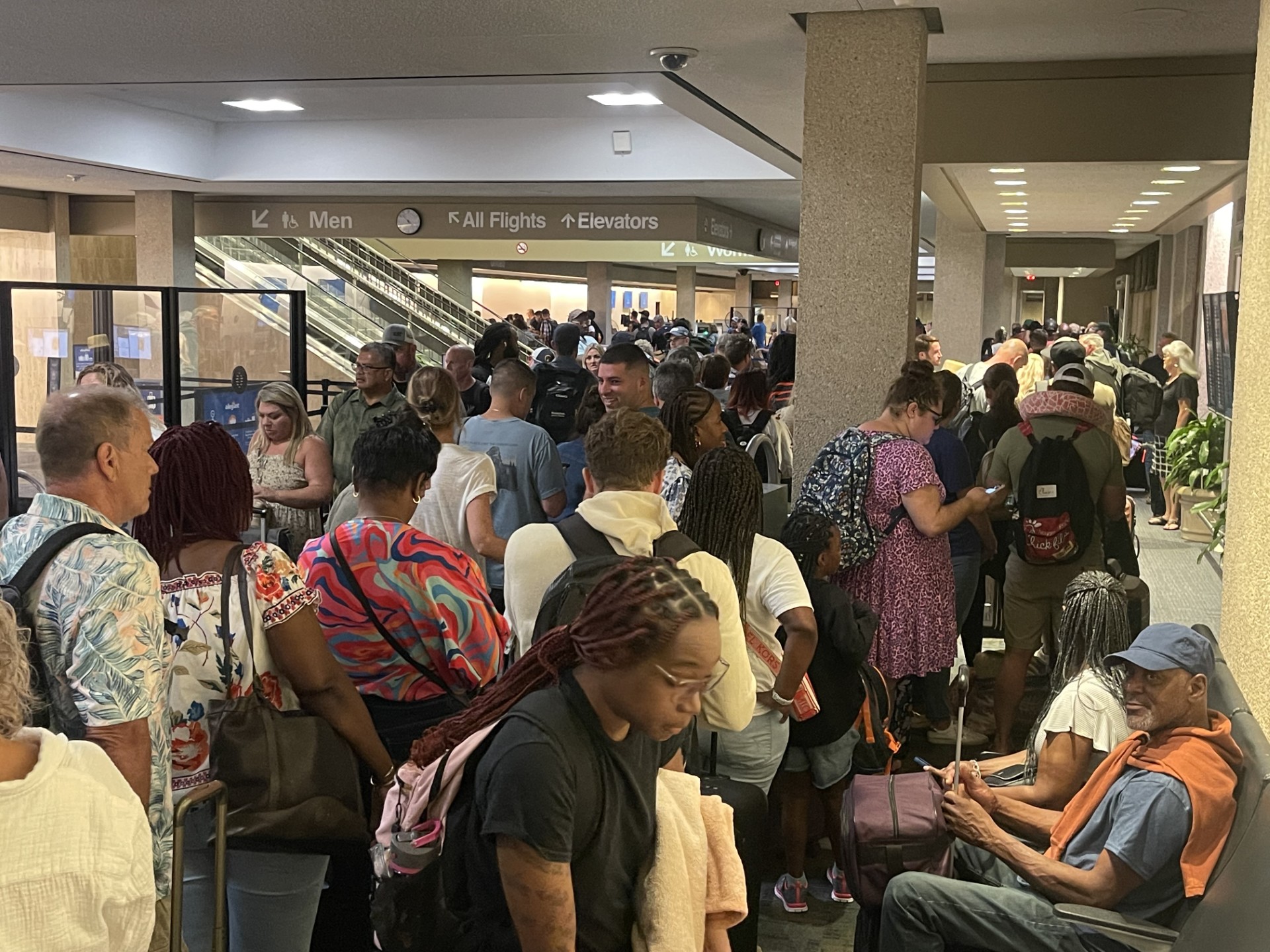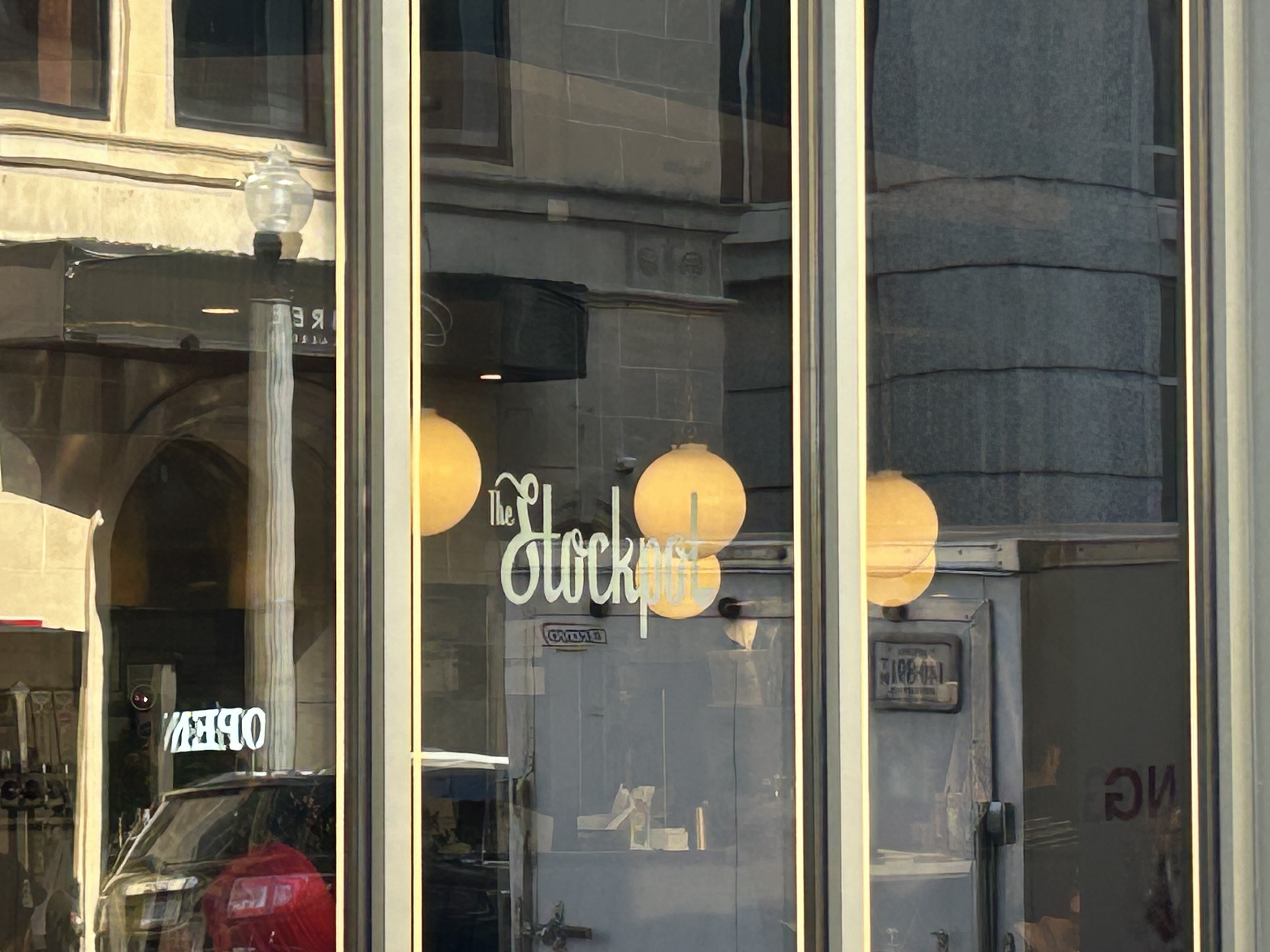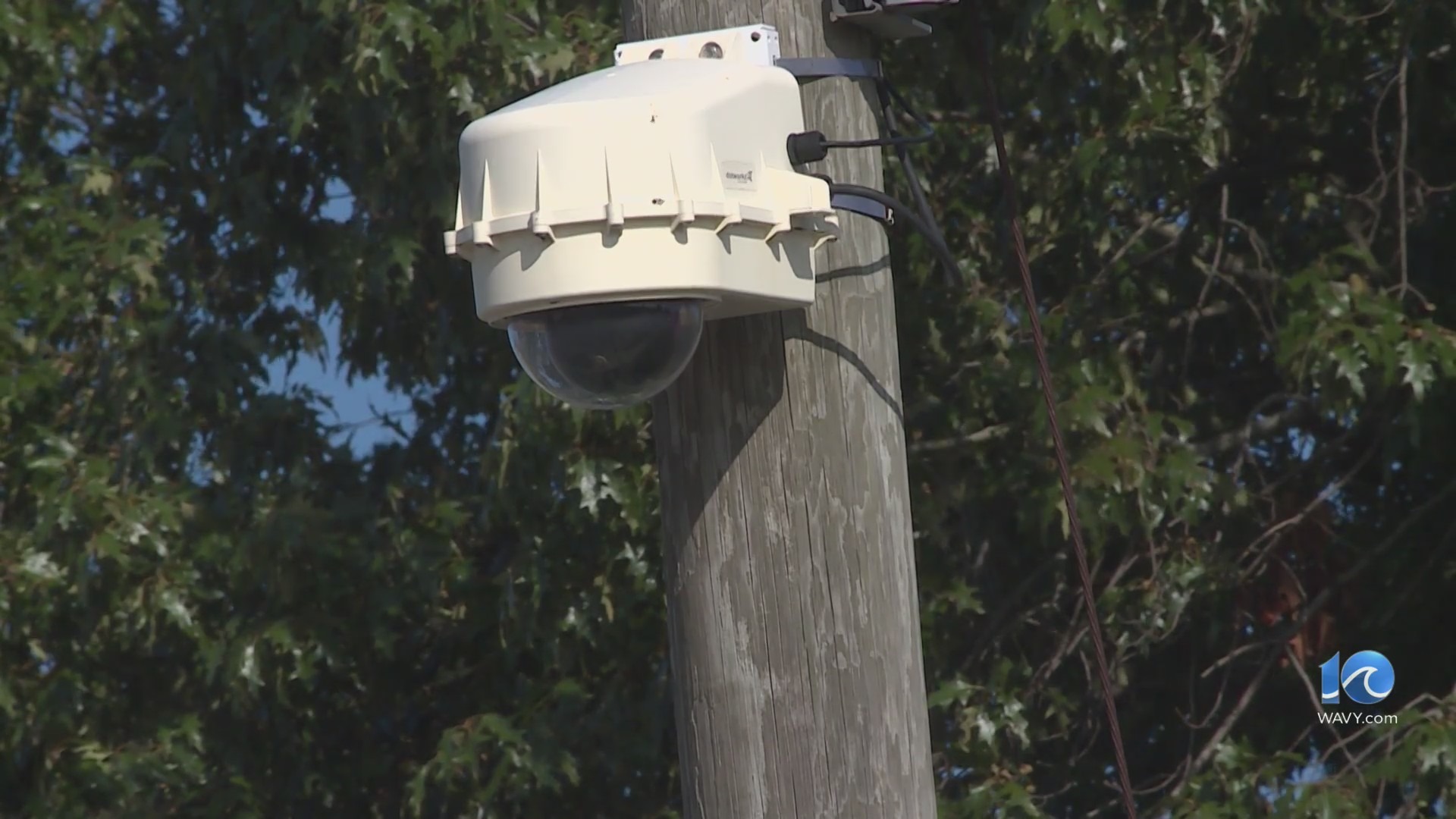(The Hill) — Colleges and universities find themselves increasingly trapped with the politics of the state where they reside.
As state legislatures pass sweeping measures on everything from abortion to LGBTQ rights, more than a quarter of students, representing both sides of the aisle, are writing off schools simply based on where they are.
And there’s not much the colleges can do.
“I think we are in a place and a time where colleges are increasingly being seen as political places, and so it makes every sense that students would be aware of this as they’re making decisions about where to enroll, and that they would factor that into whether or not this is an institution they want to apply to,” said Katharine Meyer, a fellow in the Brown Center on Education Policy at The Brookings Institution.
A poll from the Art & Science Group released this month showed 28 percent of students ruled out a school due to the politics of the state the college is in. Among those who excluded certain schools, 75 percent of liberals avoided ones they saw as too far to the right on abortion rights or LGBTQ issues, while 66 percent of conservatives crossed off colleges in states they labeled as too Democratic, too liberal on LGBTQ issues or too lenient on crime.
Texas was the most frequently excluded state, with 31 percent of those who eliminated schools based on state saying it was a dealbreaker for them. The other states ruled out by 15 percent or more were Alabama, California, Florida and New York.
“Schools can try to be very public about being welcoming of everybody with different opinions and stuff like that,” said Dick Startz, professor of economics at the University of California, Santa Barbara. But he added: “I’m not so sure when you’re talking about high school students who are looking for where to go, whether it’s really very easy to get that message across in any way.”
“And of course, it’s also true that there are actually realistic restrictions in a bunch of states. So, you know, there are states that have made a decision that universities, public ones, can’t have DEI [diversity, equity and inclusion] offices, or these restrictions on abortion, and there are various examples like that that the schools really don’t have any control over, and it may matter to people,” Startz added.
DEI offices are banned at state universities in Florida and Texas, which also have two of the nation’s most restrictive abortion bans.
California and New York, meanwhile, are among the bluest states in the nation, with legislators there approving a bevy of liberal priorities, including extensive protections for abortion rights and transgender Americans.
A poll from last year found similar results, with one in four college applicants eliminating schools based on the politics of their state.
“I mean, it’s a challenge because there are certain dimensions of this where the institution has no control and they are going to be asked to implement or enforce state policy. And in my experience, the vast majority of institutions are going to do that. They’re going to comply with that, and are not necessarily going to, you know, attempt to directly kind of challenge or to circumvent state policy. And so that means that there — there are certain laws that are going to be passed that are going to have ramifications for college students as well,” said Kevin McClure, associate professor of higher education at the University of North Carolina Wilmington.
“I think, you know, some institutions are likely trying to emphasize that despite what may be happening in the state, there are different realities in their particular area and that there is a greater diversity of students and viewpoints that you can find there that creates somewhat of an island, as it were, within the greater context, political context of the state,” McClure added.
And the schools don’t have much recourse besides tailoring their pitch to convince potential students they are not defined by their state.
“What we have to do is to double down on the role of higher education, how we are educating the next generation of leaders and what makes each institution unique, so that students can find the place that’s the right fit,” said Heidi Tseu, assistant vice president of national engagement for the American Council on Education.
“I think what this survey is showing is that the political noise that is generated, it doesn’t suit anyone. If students are making these decisions based on their desire to avoid politicization, we need to get the message across that higher education institutions are about education and formation, and that’s the work that I think, you know, we’re looking at when it comes to conveying the value of higher education,” she added.
The trend does not appear to have significantly impacted enrollment numbers, but such shifts could be on the horizon.
“If you’re in a state like Texas the decline in out-of-state migration might not be such a big deal, because you are projected to have a larger high school cohort graduating in the coming years, and you’re less worried about the enrollment club, as opposed to, if your state, like California, that already […] loses sort of more students every year and is forecasted to have more of an enrollment clip from the coming years,” Meyer said.
And as the nation becomes increasingly siloed politically, students choosing their school based on its state’s politics could only exacerbate the situation.
“This seems to be symptomatic of how polarized the country has become on many things, and one can understand why people make these decisions, but it’s kind of a shame that we’ve got ourselves into this situation,” Startz said.















































































